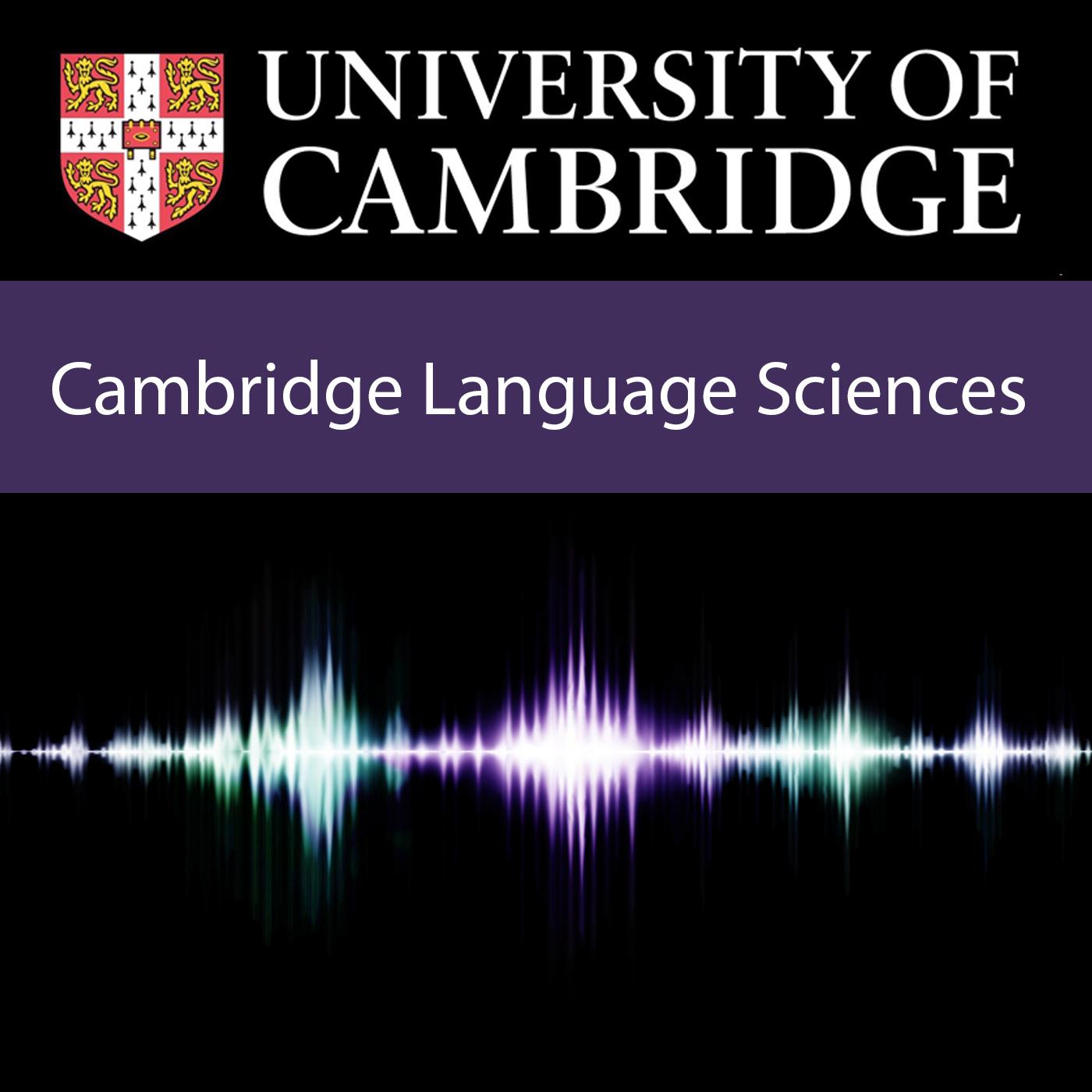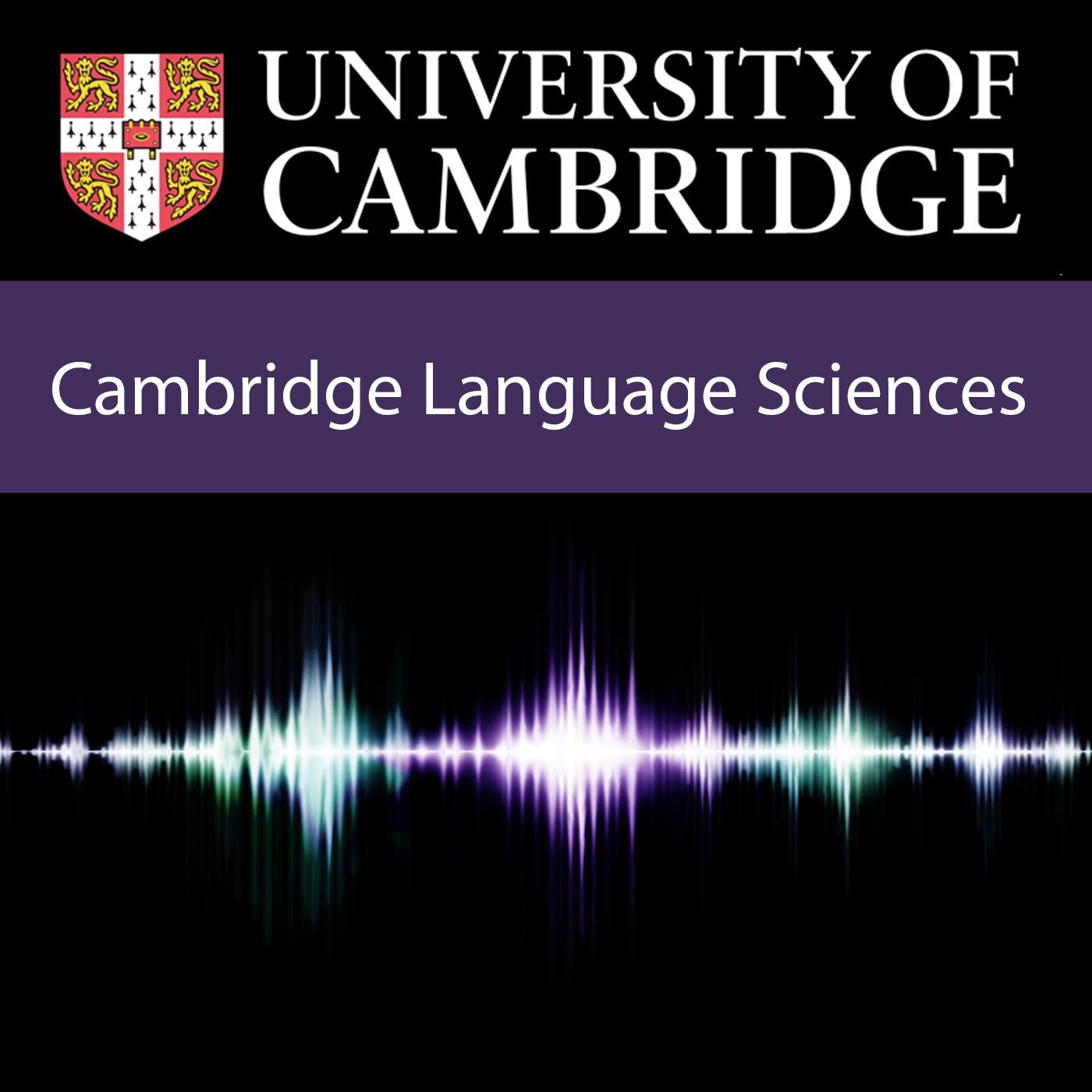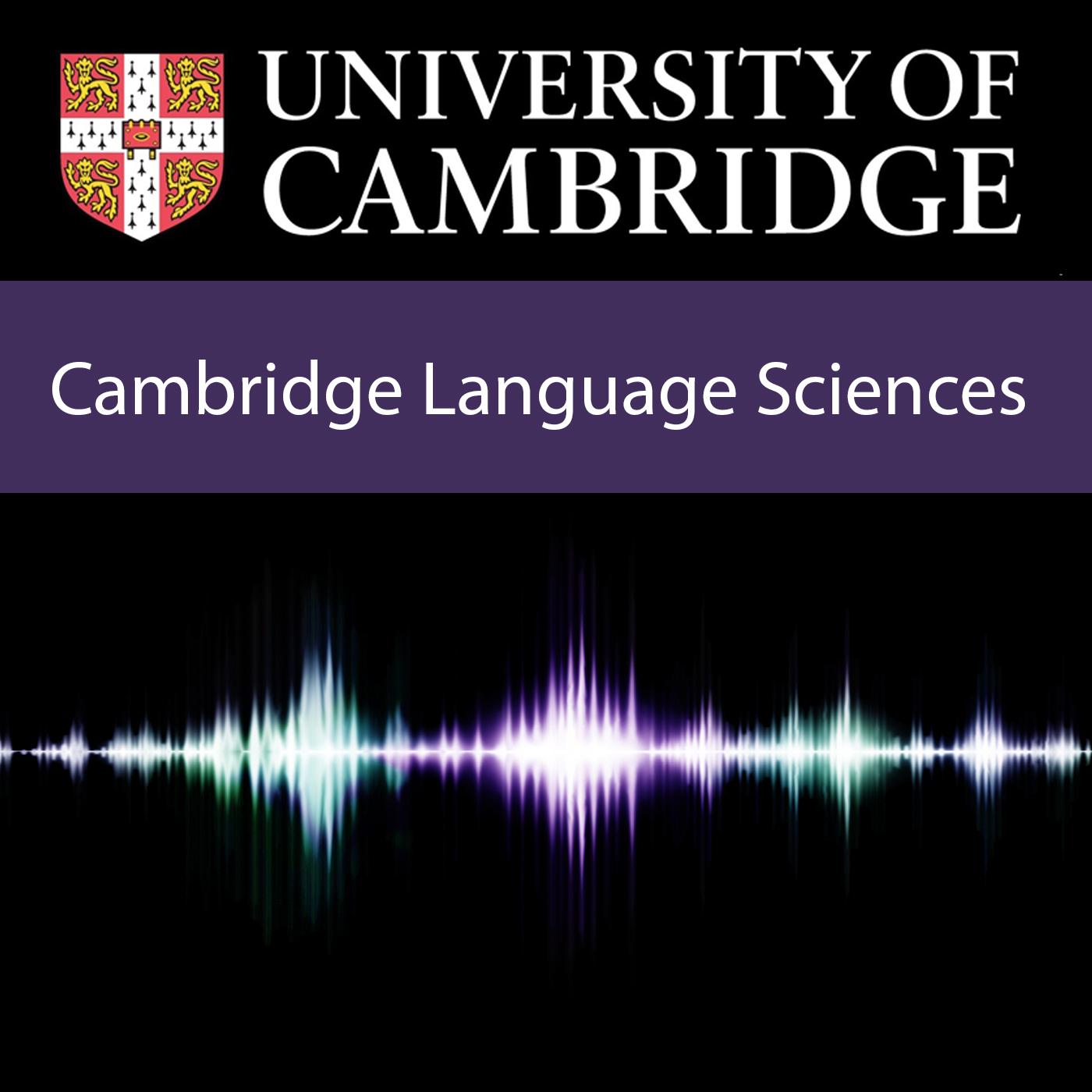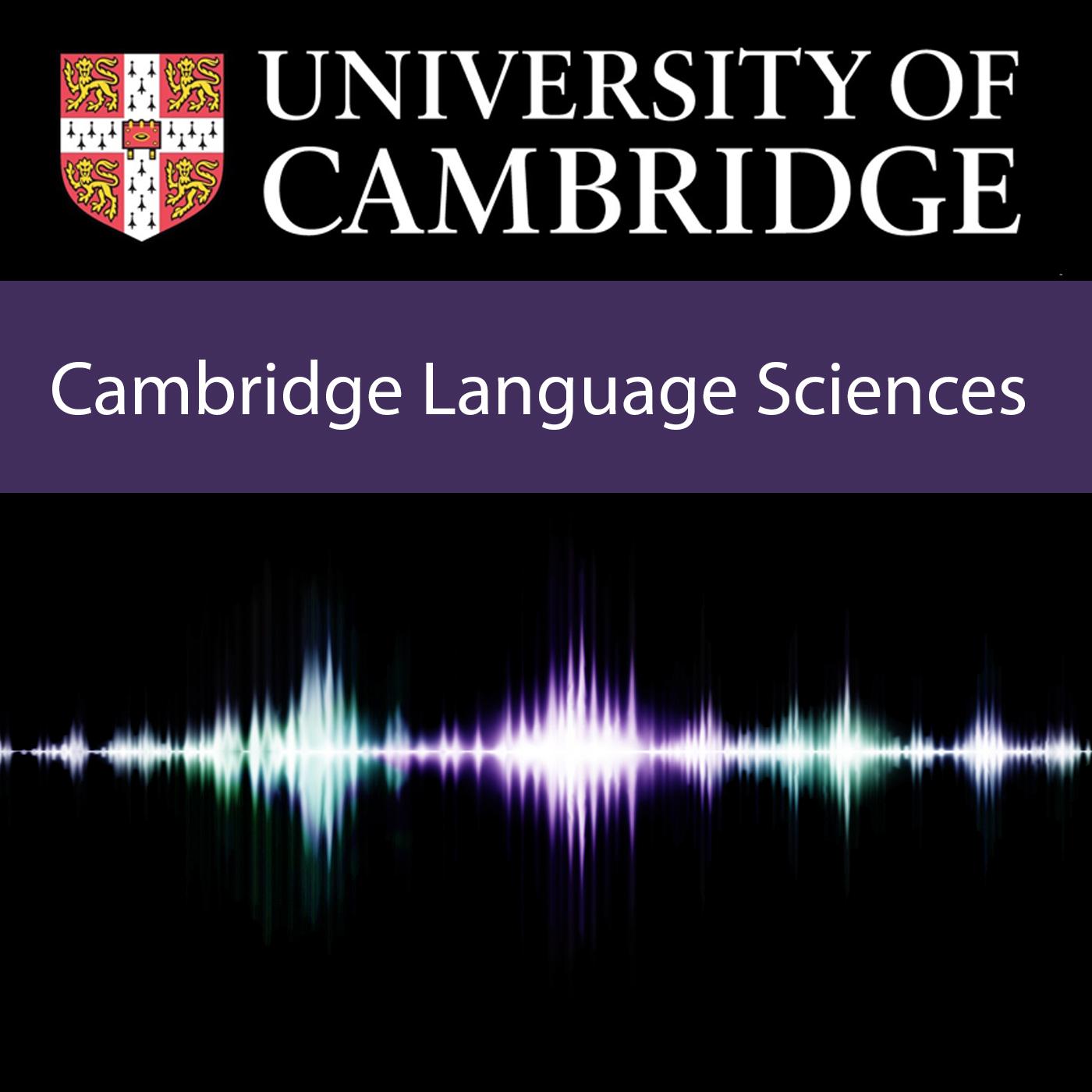Barbara McGillivray
Update: 2021-05-25
Description
Did you know that the word ‘tabloid’ used to refer to medicines sold in tablets, and that the term started being used in the 20th century to refer to newspapers that presented news in a concentrated form like a tablet?
Tracing the meaning of words over time has had the attention of scholars for centuries. But we now have access to very large quantities of text both for historical and contemporary languages like web archives, social media and emoji. So we can really explore trends at scale.
Barbara McGillivray is a senior research associate at the University of Cambridge Section of Theoretical and Applied Linguistics, Turing Research Fellow at The Alan Turing Institute, and Editor in Chief of the Journal of Open Humanities Data.
Her research focuses on how words change meaning over time and how to model this change in computational ways.
She works on machine-learning models for the change in meaning of words in historical times (Ancient Greek, Latin, eighteen-century English) and in contemporary texts (Twitter, web archives).
Passionate about how the sciences and humanities can meet, her interdisciplinary contribution covers Data Science, Natural Language Processing, Historical Linguistics and other humanistic fields, to push the boundaries of what academic disciplines separately have achieved so far on this topic.
Barbara will be presenting her research on Modelling semantic change from Ancient Greek to emoji at the Cambridge Language Sciences Symposium for Early-Career Researchers on 24 June 2021.
Tracing the meaning of words over time has had the attention of scholars for centuries. But we now have access to very large quantities of text both for historical and contemporary languages like web archives, social media and emoji. So we can really explore trends at scale.
Barbara McGillivray is a senior research associate at the University of Cambridge Section of Theoretical and Applied Linguistics, Turing Research Fellow at The Alan Turing Institute, and Editor in Chief of the Journal of Open Humanities Data.
Her research focuses on how words change meaning over time and how to model this change in computational ways.
She works on machine-learning models for the change in meaning of words in historical times (Ancient Greek, Latin, eighteen-century English) and in contemporary texts (Twitter, web archives).
Passionate about how the sciences and humanities can meet, her interdisciplinary contribution covers Data Science, Natural Language Processing, Historical Linguistics and other humanistic fields, to push the boundaries of what academic disciplines separately have achieved so far on this topic.
Barbara will be presenting her research on Modelling semantic change from Ancient Greek to emoji at the Cambridge Language Sciences Symposium for Early-Career Researchers on 24 June 2021.
Comments
In Channel








